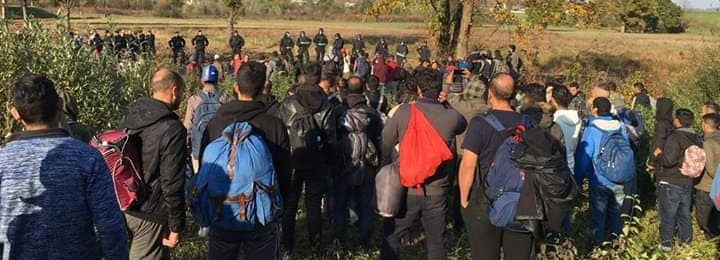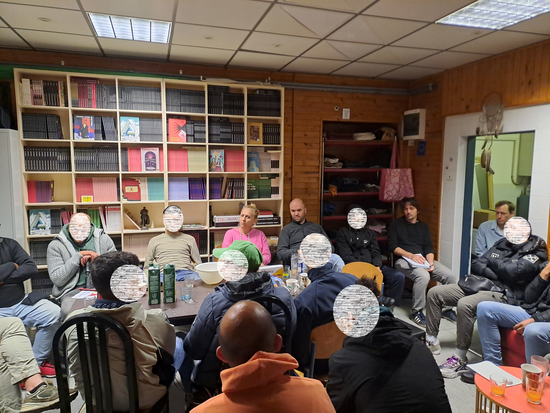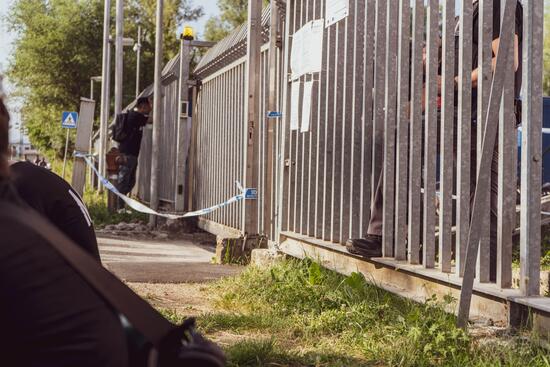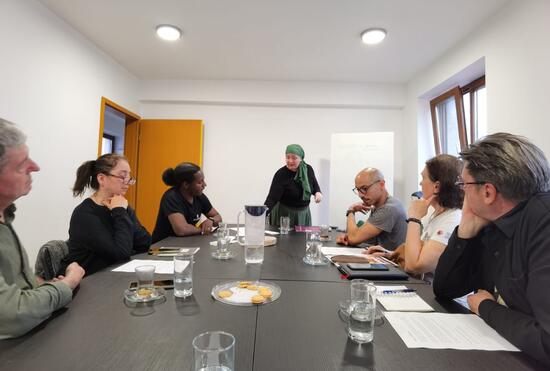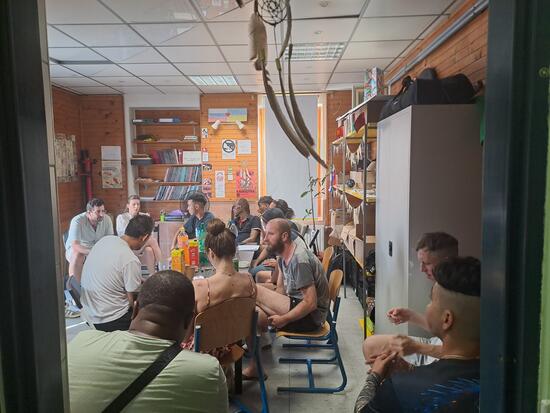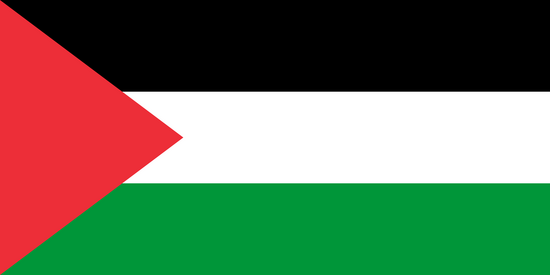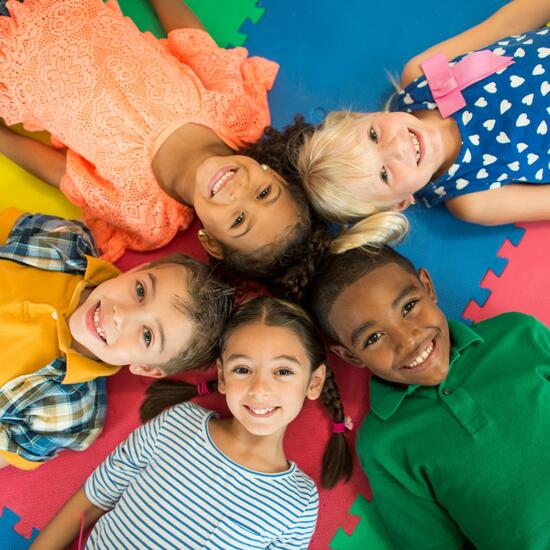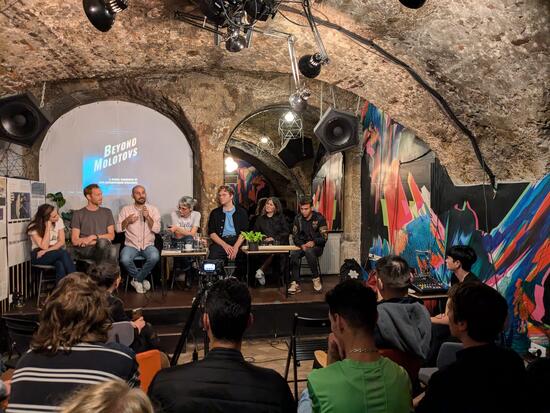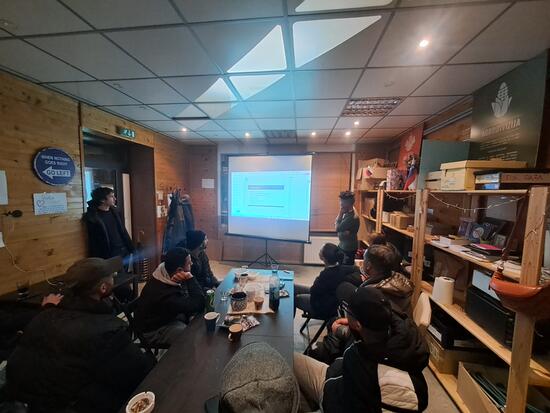What It’s Like to Build a Life in Ljubljana?
On 30 October 2025, an issue-raising meeting was held at the Info Office community space in Ljubljana, bringing together members of the migrant community, mostly asylum seekers, and Denis Striković, Ljubljana city councillor from the opposition Vesna Green Party and member of the Committees for International Relations and the Environment. The meeting focused on the everyday realities of migrants living in the city and the challenges they face.
